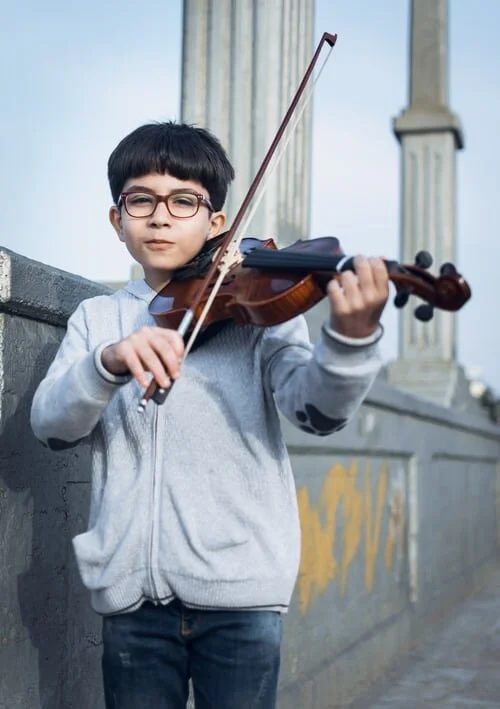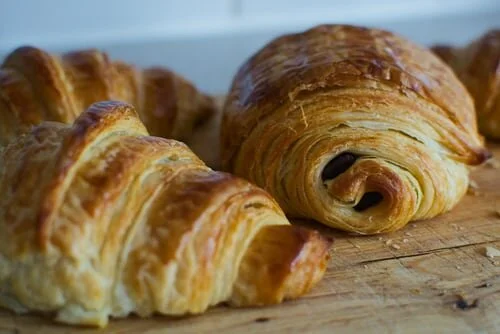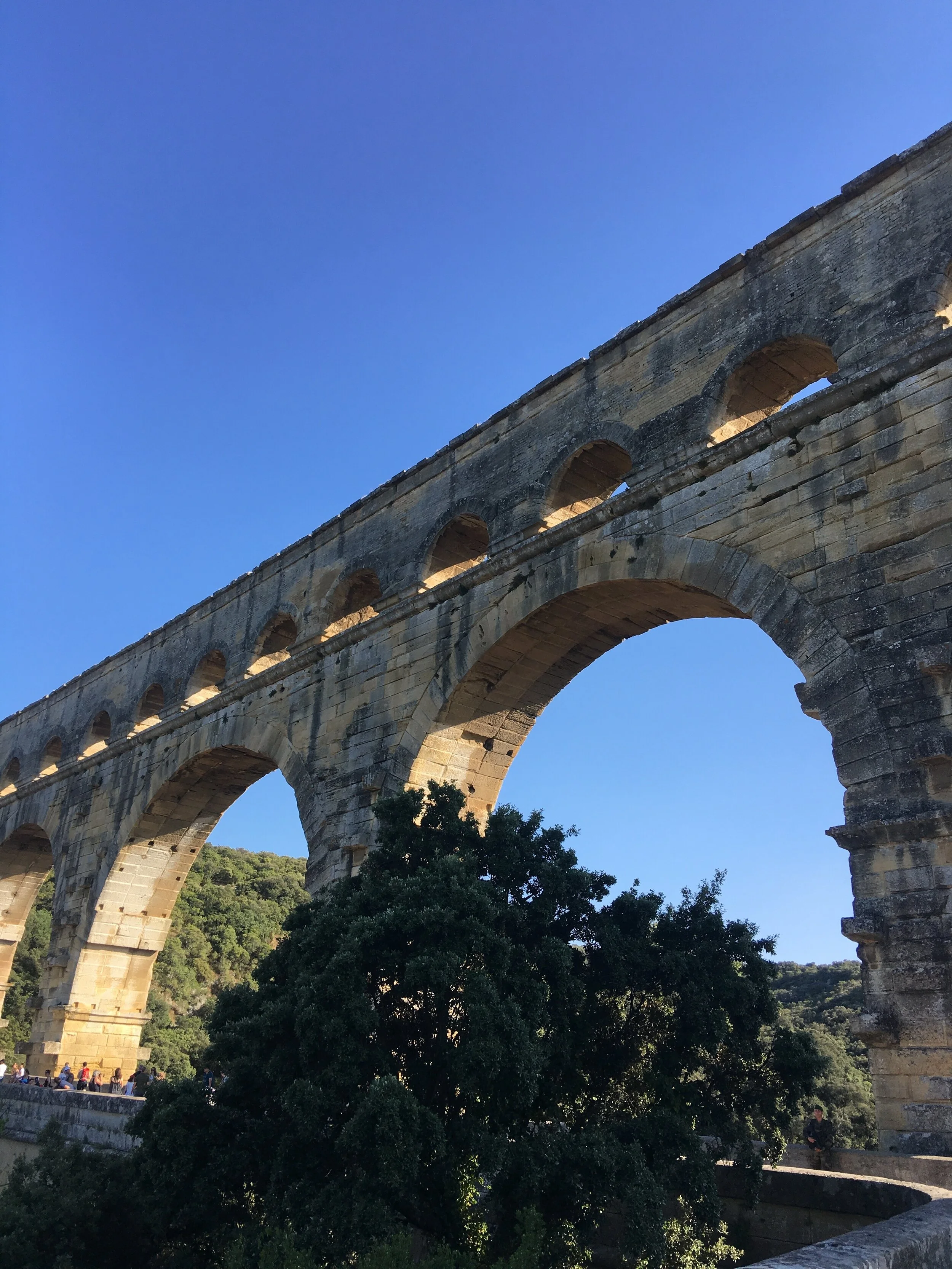The holidays are over. It is 2021. A mathematician once figured out that the third Monday in January was the most depressing day of the year. School is back. But not really. Zoom classes are so purely informational, that I understand why children struggle. In the living classroom the energy of all of those minds working ticks and hums. Little events happen between the students, their teachers, and any other players in the educational profession. Those little relationships are like a gentle pull between living things. Human beings move toward or away from a feeling, a perception, a word. The author, Nathalie Sarraute, called this phenomenae “les Tropisms” or “Tropisms.” — and wrote a book with the same title. These little movements are akin to the movements of plants toward the sun. They draw someone to someone, to something, a feeling, an idea. But they are so subtle that we are not aware. They happen, quietly.
We are in the worst of the Pandemic here in the U..S. More will die. But vaccines have been developed and are being distributed. Things do look better now. This is the time when I turn to memories to muster strength and summon comfort.
The winter I was studying abroad I went skiing and met a French family, the Rossenys. Sylvie was my age and a great skier. One day her mother, Cathérine, offered to take me, Sylvie, and her little sisters, Céleste and Jeanne, to visit their grandmother, Clémentine. The hesitant looks on the chilidren’s faces told me something wasn’t right, but the adventure pulled me along. In my family our Grand Aunt, Aunty Betty, used to come over all the time and help mom with the garden. It was she who drove a Model T Ford across country with my brother, Norman, to California to see Disney World. My Grandpa drove my Grandma over to our house so my Grandma could help with the laundry, to talk in the kitchen, make bread, darn socks, or sew buttons on shirts. My Grandpa stayed in the shade of our porch, a transistor radio pressed to his ear as he listened to a baseball game. What was the problem?
My grandparents were from a different generation and difficult to relate to. The post World War II boom gave us so much, while my grandparents had so little. I found out much later after my Grandpa passed that at the age of 8 he lost his parents to Typhus and had to go work in a lathe factory. He worked his way to the grand department store, Marshall Fields, fixing trucks. It was a dubious honor because he worked every Christmas Eve so that the trucks could deliver toys to the stores for customers. My grandparents generation experienced the Great Depression, Herbert Hoover, Roosevelt, Pearl Harbor, and World War II, Truman, the Nuclear Bomb, and Eisenhower. Ours was Kennedy, Lyndon Banes Johnson, Civil Rights, the 60’s, the Vietnam War, and Women’s Rights. They spoke Czech when they didn’t want my mom to know what they were saying. My mom spoke English to be American. And I was learning French to travel and see the world. But I loved my grandma. She taught me to sew by hand, how to make dumplings, what kind of man to marry, what profession I should have, and how to eat food that was substantial.
Sylvie’s grandma, Clémentine, lived higher up out of town in the mountains in a tiny wooden house. In Clémentine’s youth and married life she tended the cows, moving them from high to low pastures. Now she lived alone in a house — no cows, widowed, alone but not lonely, hanging on like a mountain pine.
When we arrived, she burst out of the house, chattering and waving her arms. Her tiny frame quivered with energy. Her wrinkled face beamed a generous, almost toothless smile. She was no withering vine. Dressed simply in a wool sweater and skirt, with wool leggings, and big warm boots, she opened her arms to us. Speaking a clear and strong French, in a way I could understand, she prodded us, like the cows she tended, into her warm kitchen. Mme. Rosseny hugged her mom, and they exchanged the three kisses, called “les bizous” so effortlessly, connecting so affectionately that I could feel the warmth of their love. Why couldn’t I do that easily? Sylvie came next, again effortlessly, and on with Céleste and Jeanne.
We sat at a table wooden table in the center of a cozy kitchen. Skis hung on hooks on the wall - Clémentine’s skis? They were very small. Sunbeams struck the table. “Je fais un bon chocolat chaud. Vous voulez un bon chocolat chaud?” (I make a good hot chocolate. Do you want a good cup of hot chocolate?), she said. The children nodded, hesitantly. Mme. Rosseny gave them a warm gentle turn of her head and they said, “Oui merci.” French moms rarely are heavy handed with discipline. Things are understood. Then the words popped out of my mouth, “J’aime bien le chocolat chaude." ( I like hot chocolate.) “Chaud,” Mme Rosseny corrected me. “Chaud,” I repeated.
“Il y une Amécaine ici,” Clémentine noted.
“Oui, Je m’appelle Mélanie.” (Yes, My name is Melanie.) I offered politely, unsure of a mistake. She must have heard my accent and the gender mistake on chaud. Oh well.
“Maman, l’Américaine parle français,” Jeanne remarked.
“Mélanie a parlé français,” Cathérine corrected her.
The children fussed in their chairs Sylvie looked frustrated. An uneasy silence fell briefly like a shroud in the room. Sylvie pulled away, lost in her thoughts. Clémentine set to work to make the hot chocolate, and Cathérine started to play a word game with Céleste and Jeanne. Where was that easy connection?
But soon the warm kitchen smelled of rich chocolate, hot sugar, and boiled milk. We huddled into the warmth, our noses drawn to the scent of hot chocolate. The uneasy pull of some kind of thoughts had shifted away and we were together again. As we sipped the warm chocolate, we giggled and laughed. The circle pulled in, tying a chord of winter warmth and friendship between us. But why the uneasiness? …
The story will be continued in the next blog.












